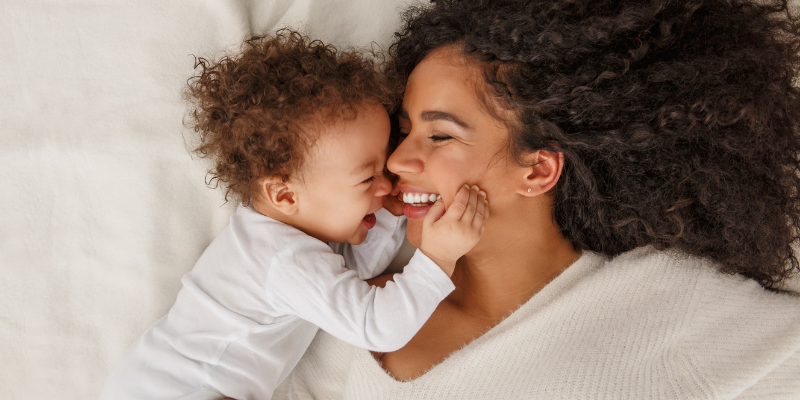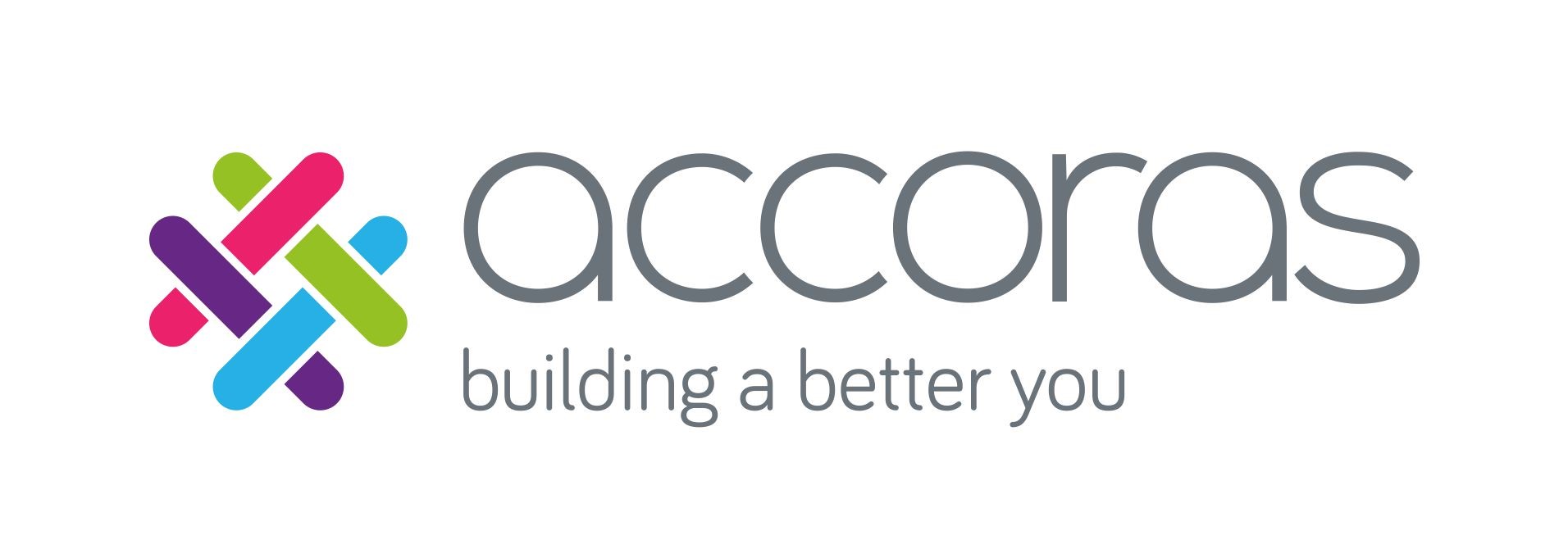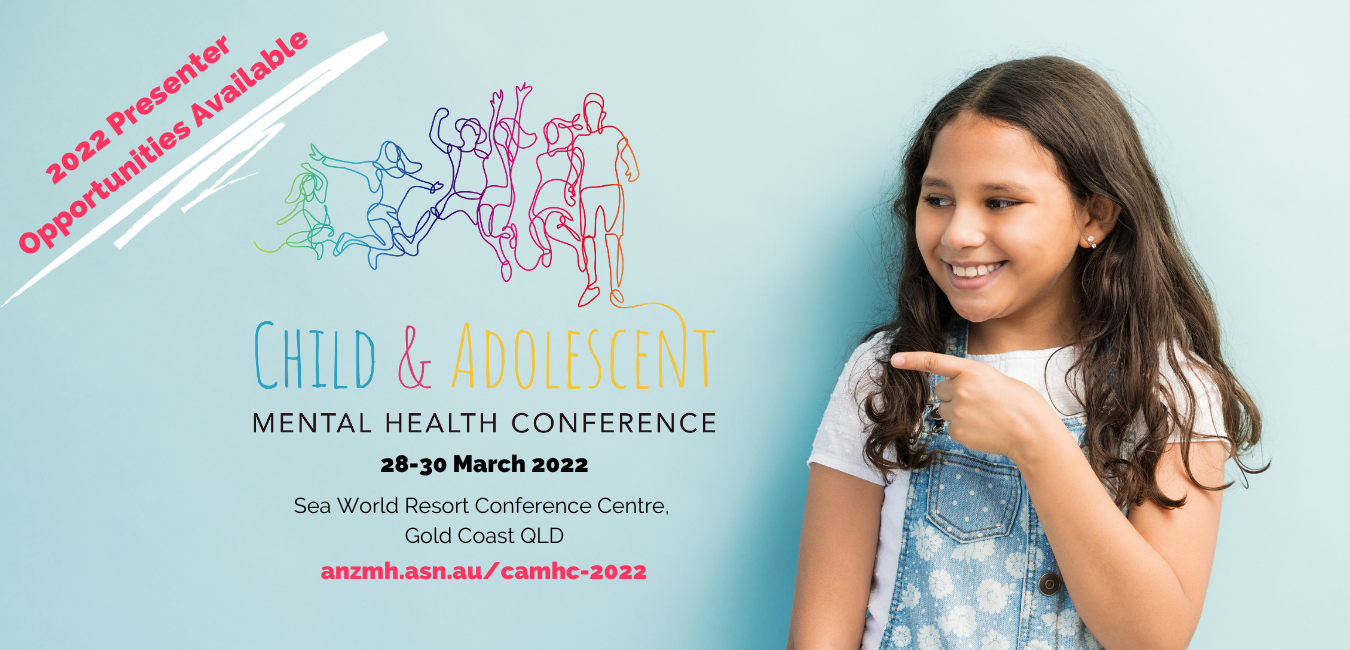The beginning of life, long-term mental health
What occurs between conception and when a child leaves toddlerhood behind – the first three years of life – set the neurological and relational foundation for everything that follows.
Although this time of life cannot be consciously remembered, it will have a major influence how we feel about ourselves and our world; it will impact how we form relationships with other people; and it will impact our ability to control ourselves and our responses to what life brings (both good and bad).
In short, research has proven that infant mental health matters, and has a lasting impact. Knowing this, parents and caregivers can take steps to support their baby’s mental health even before their baby takes their own first steps.
For mental health organisations such as Accoras infant mental health is an increasing area of focus, and making support more accessible to parents is a priority.
Understanding why infant mental health matters
The early years, when the brain does most of its growing, is also when it is most responsive to environmental influences. By our third birthdays, our brains will have reached 80% of their adult size, with foundational neurological architecture laid down. Our early experiences set the tone for what we will expect from, and how we will perceive and react to, all subsequent relationships and experiences.
A mentally healthy baby has what they need to develop well and:
- grow strong,
- learn how to express and regulate their emotions,
- form close and secure relationships, and
- feel confident to explore their environment and learn about their world.

Infant mental health intervention
Infant mental health interventions offer one of the greatest ‘bang for buck’ investments that can be made by child development and mental health organisations.
Because of the plasticity of developing brains, and their responsiveness to caregivers and the environment, infant mental health interventions can have a much more significant impact on current wellbeing and future outcomes than mental health interventions of similar intensity later in life.
An example of this is the Attachment and Biobehavioral Catch-up (ABC) program, which is designed to help parents understand what is most important for brain development, and respond to their babies in ways that best support them to learn and grow.
The ABC program promotes healthy infant-parent relationships by increasing the number of nurturing and child-led interactions between parent and baby, and by helping parents reduce infant stress, thereby helping the baby feel more secure in their most important relationship.
Infant mental health awareness and research
In addition to ABC, there are a broad range of evidence-based infant mental health programs and services in place across Australia and New Zealand. The field of infant mental health is multidisciplinary and growing, and Accoras is one of many organisations offering support aimed at addressing barriers to infant mental health.
June 7 – 13 is Infant Mental Health Week, and the World Association for Infant Mental Health will hold its 17th Congress in Brisbane from June 22 – 26. More information can be found here: https://waimh2020.org/
For more information on Accoras and the Attachment and Biobehavioral Catch-up, visit - https://www.accoras.com.au/abc.

About the Author
Suzie Lewis is the General Manager for Strategy, Innovation and Research at Accoras. She holds a Master of Clinical Psychology and a Master of Perinatal and Infant Mental Health, and is currently leading the Accoras pilot of Attachment and Biobehavioral Catch-Up.
